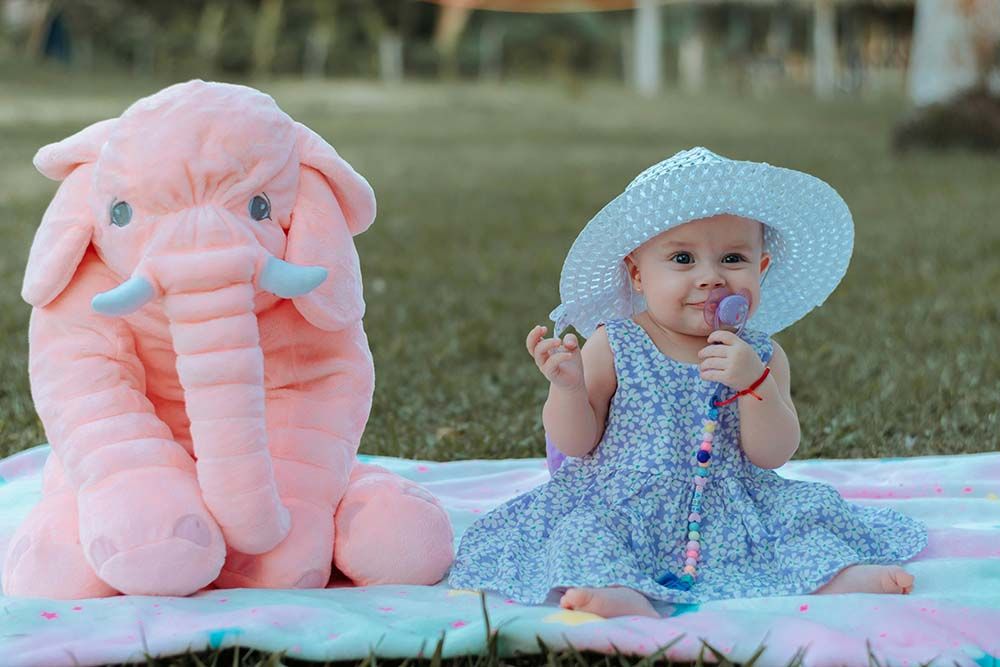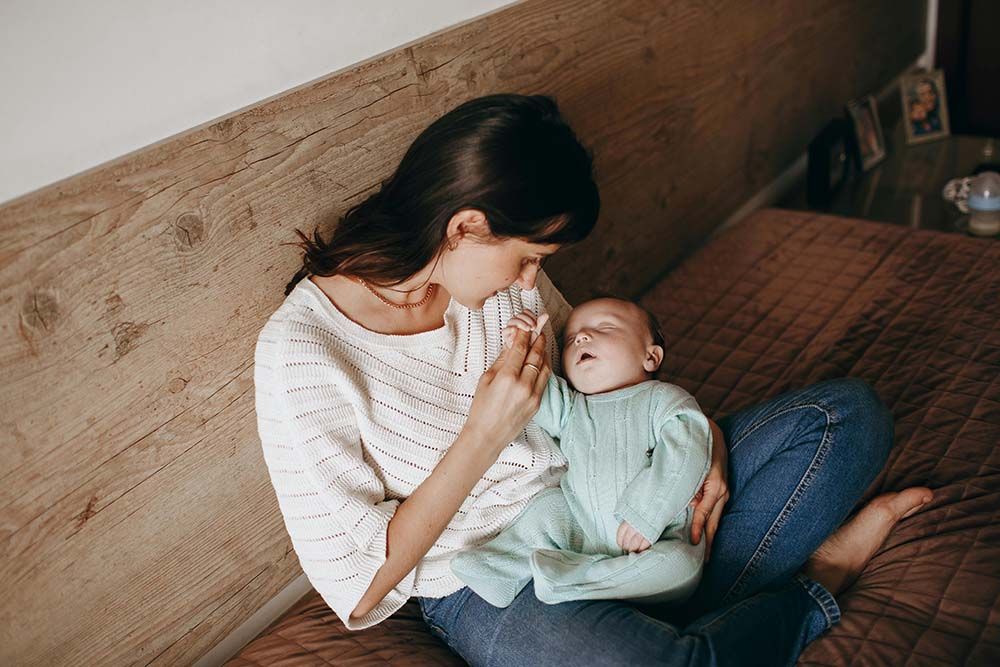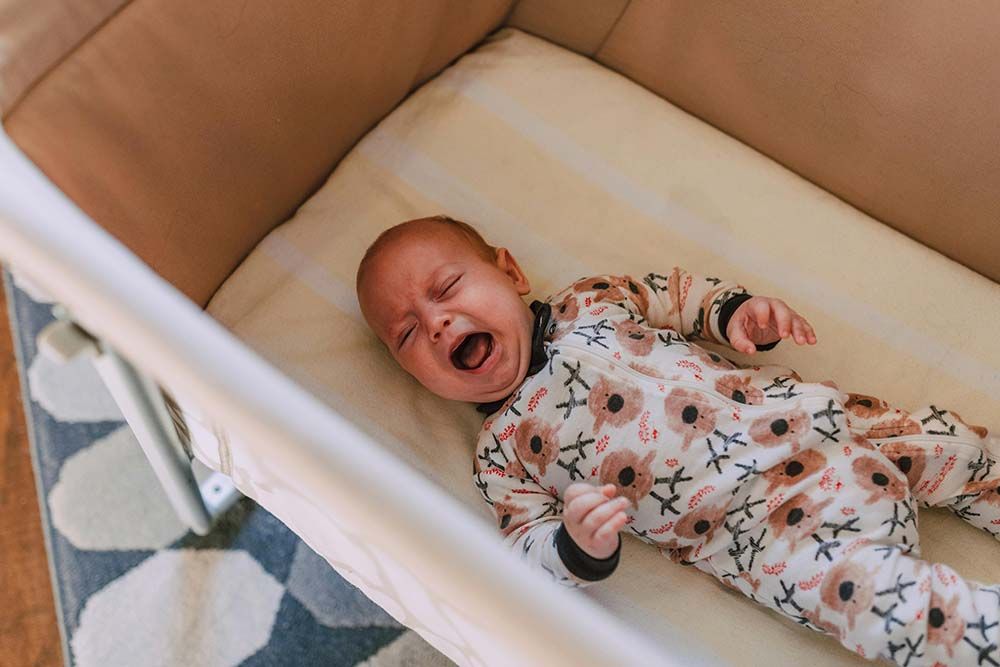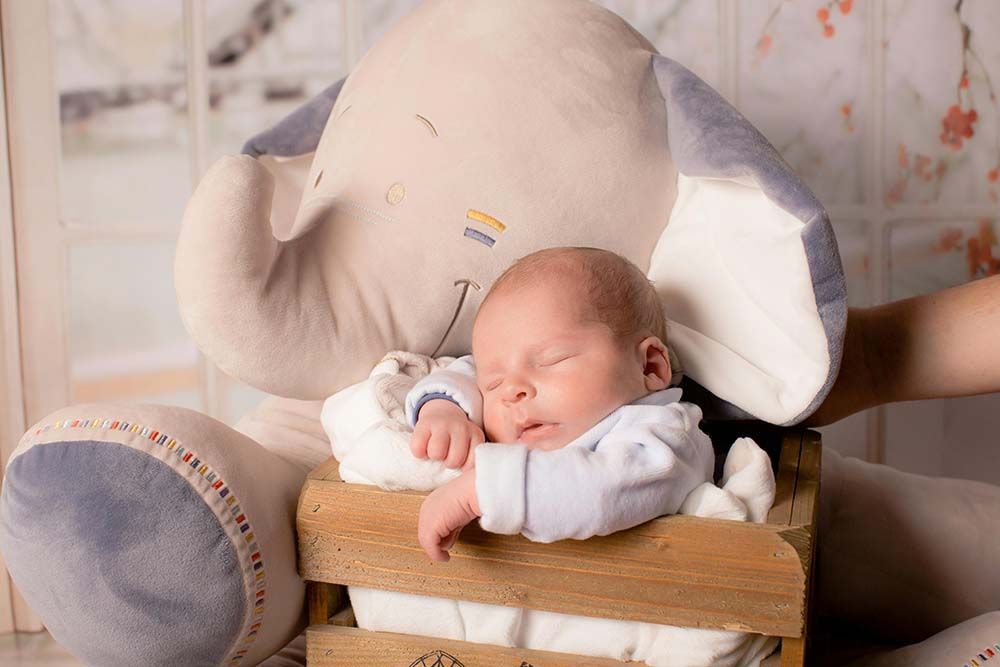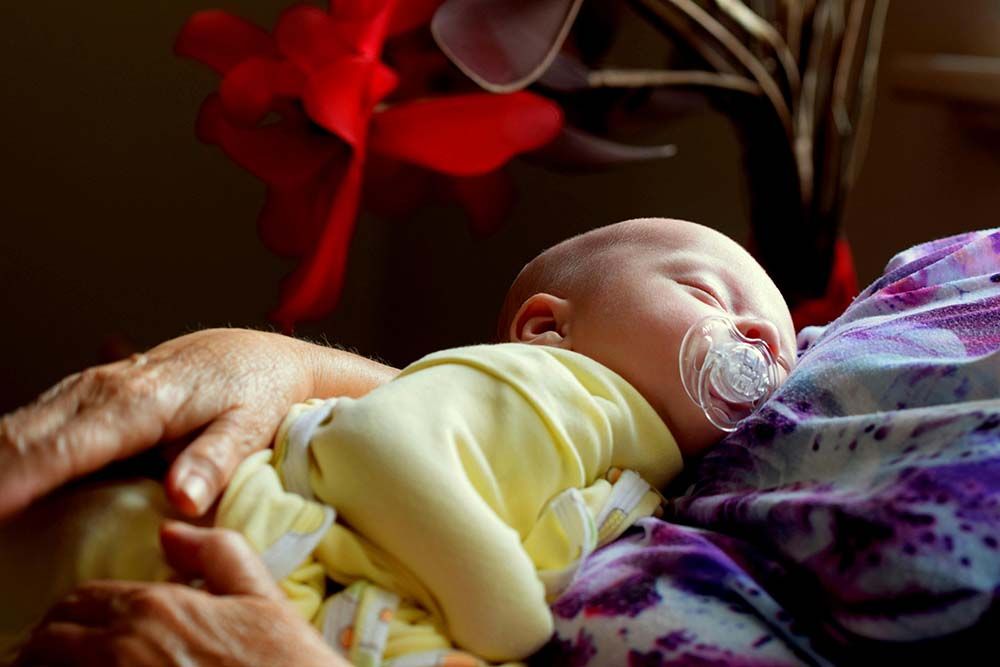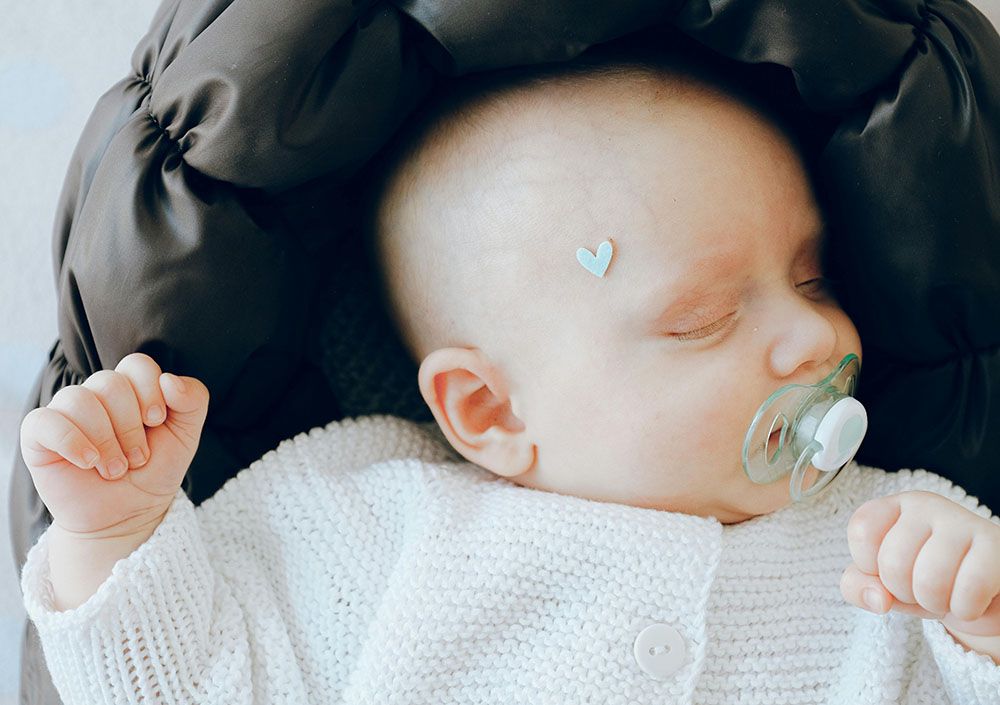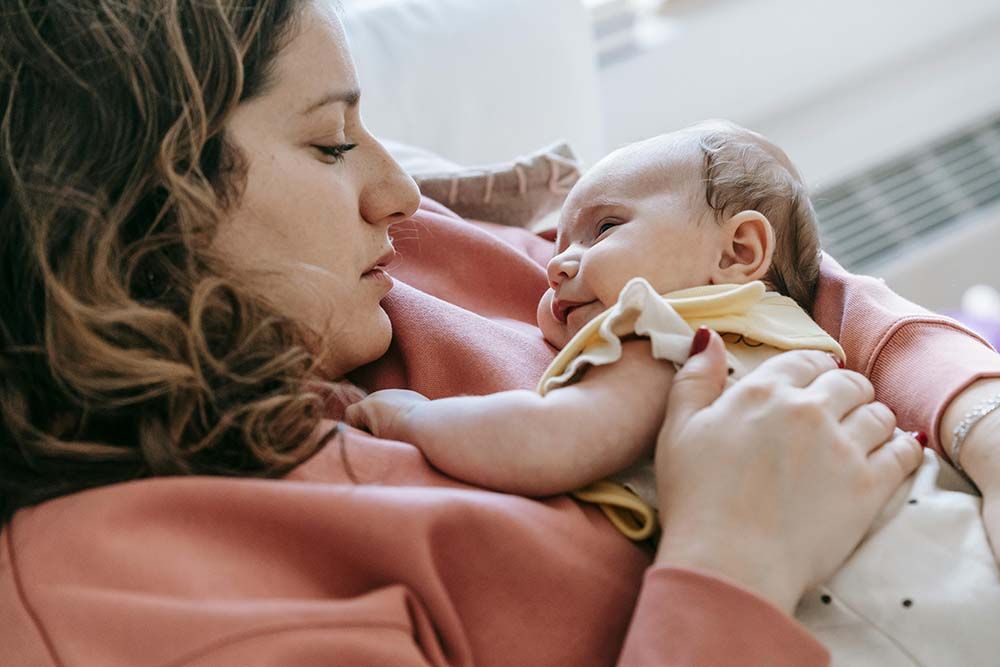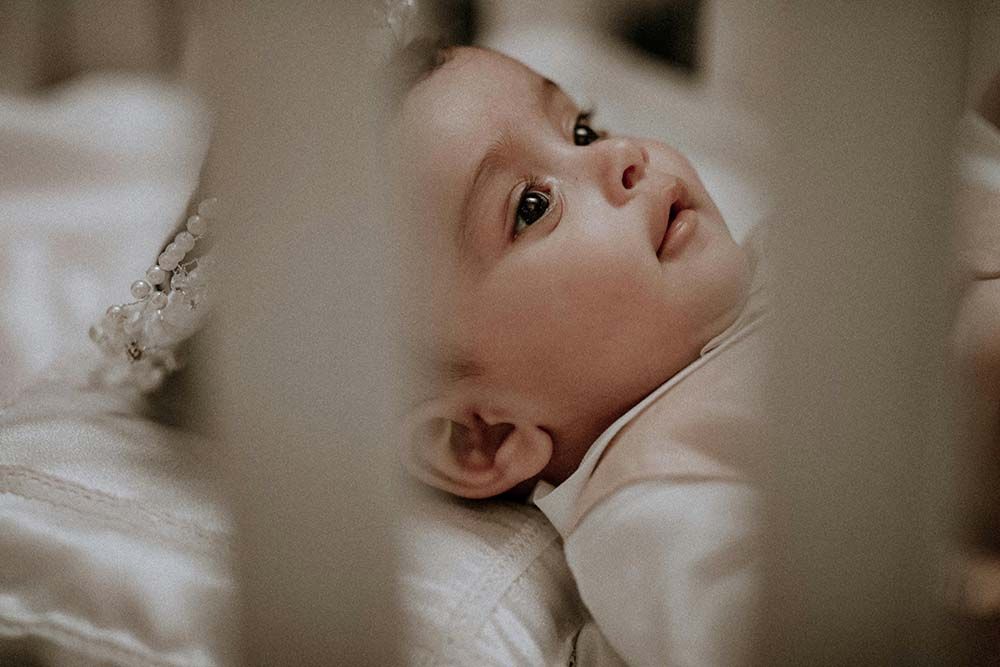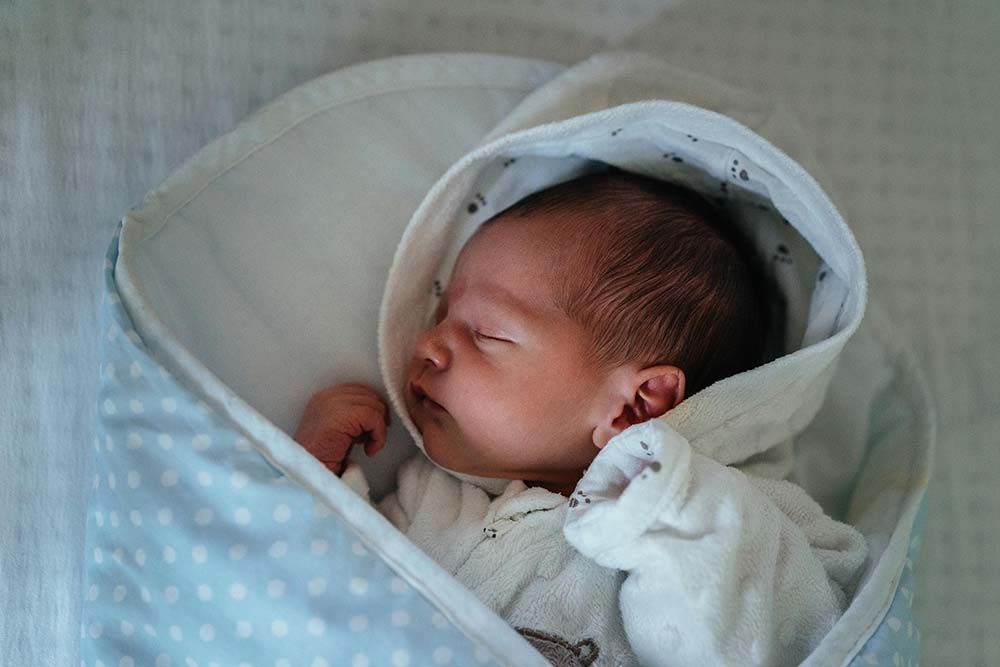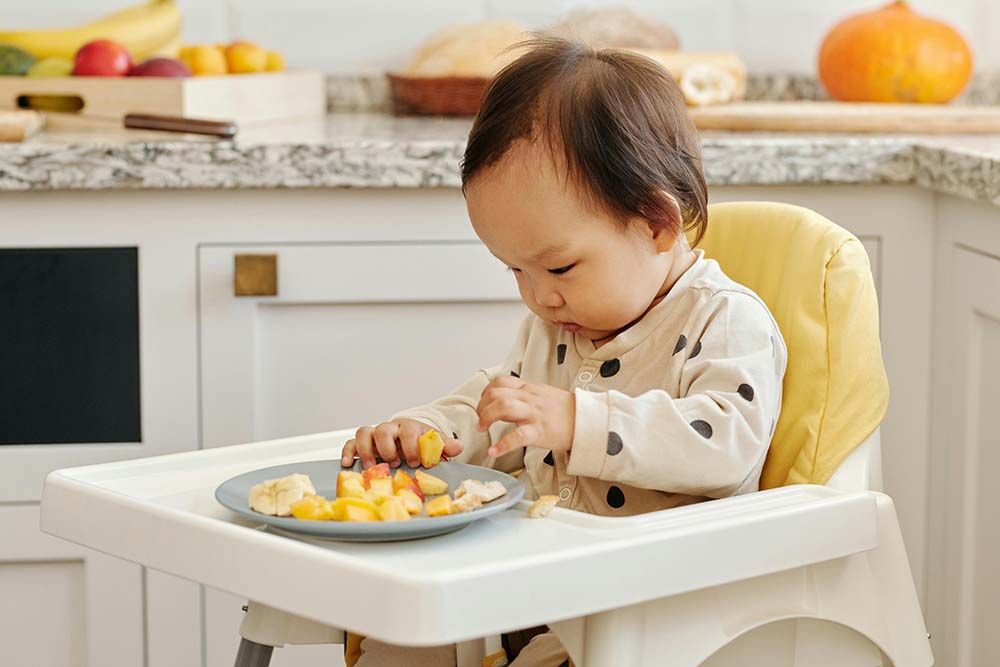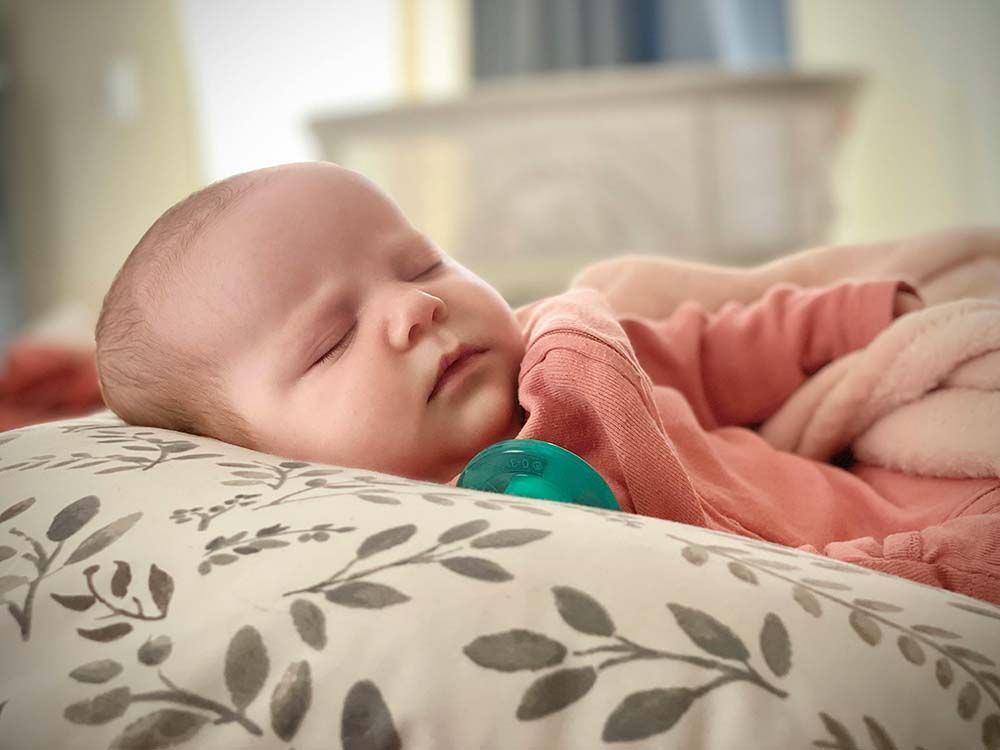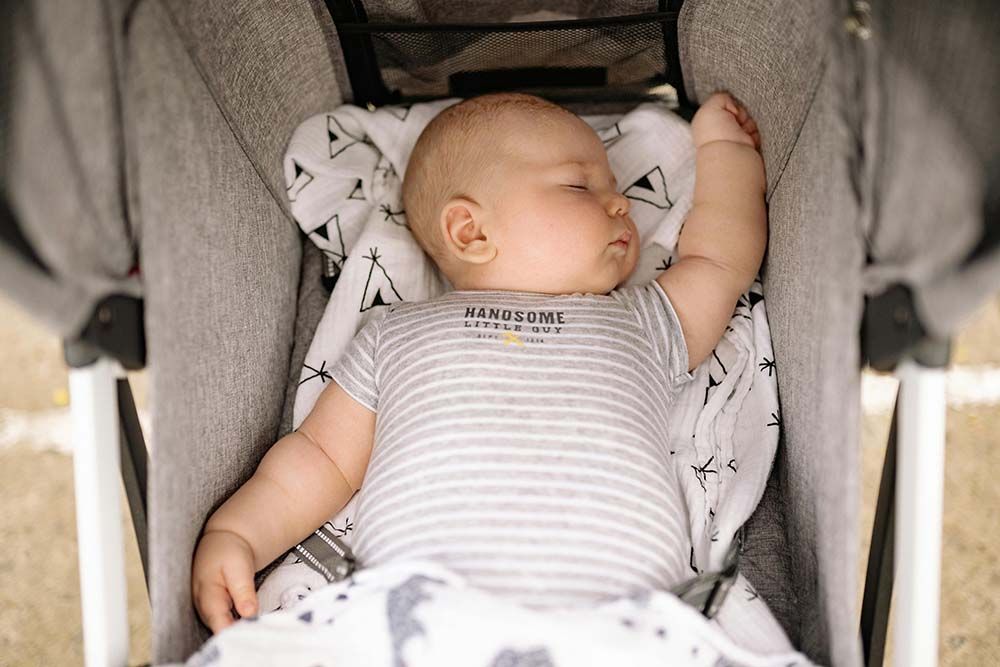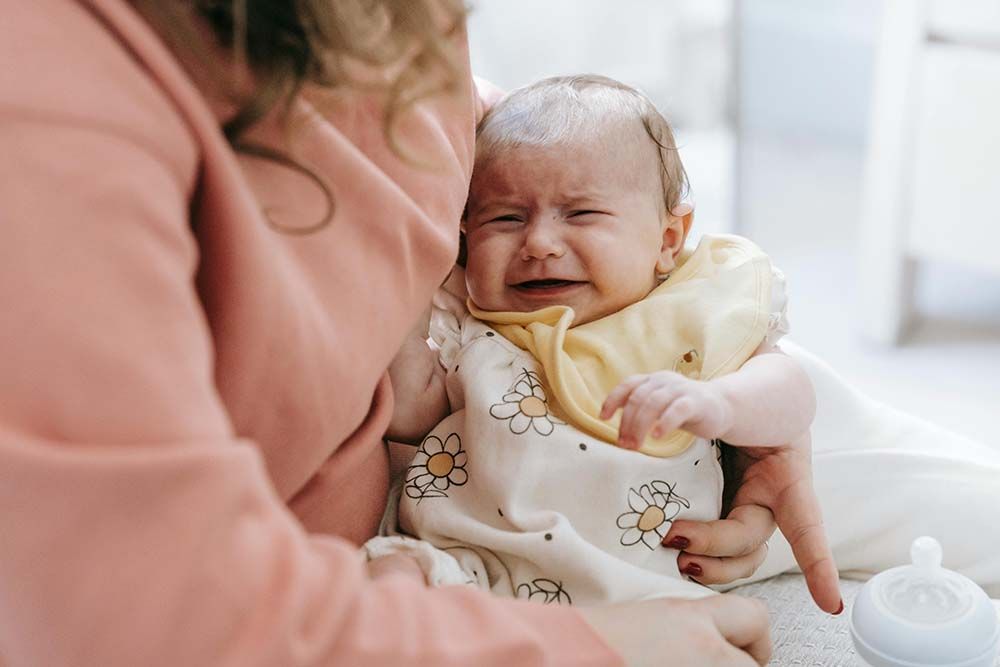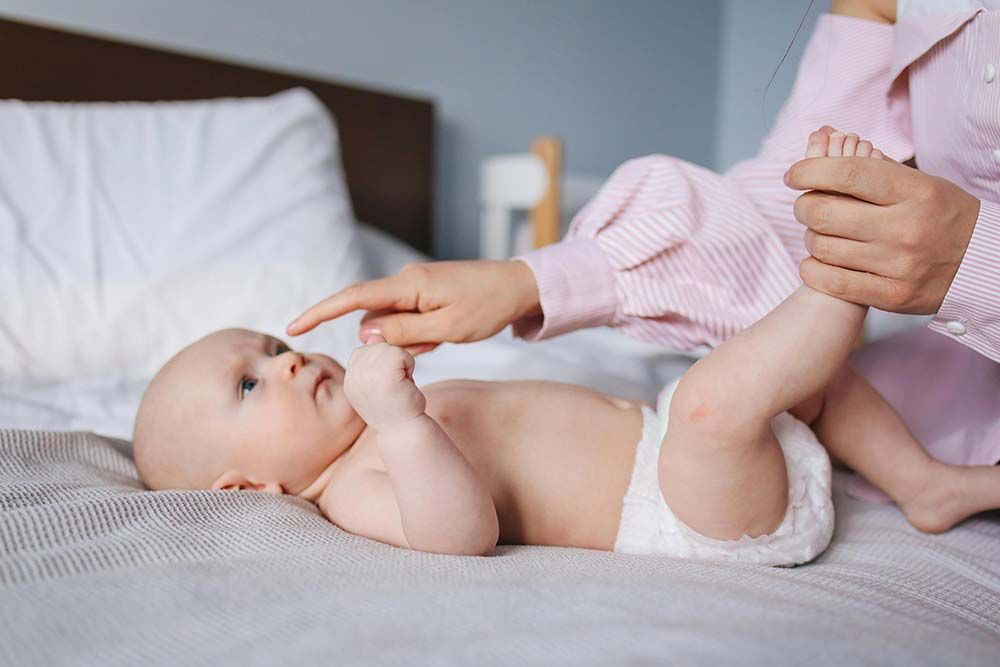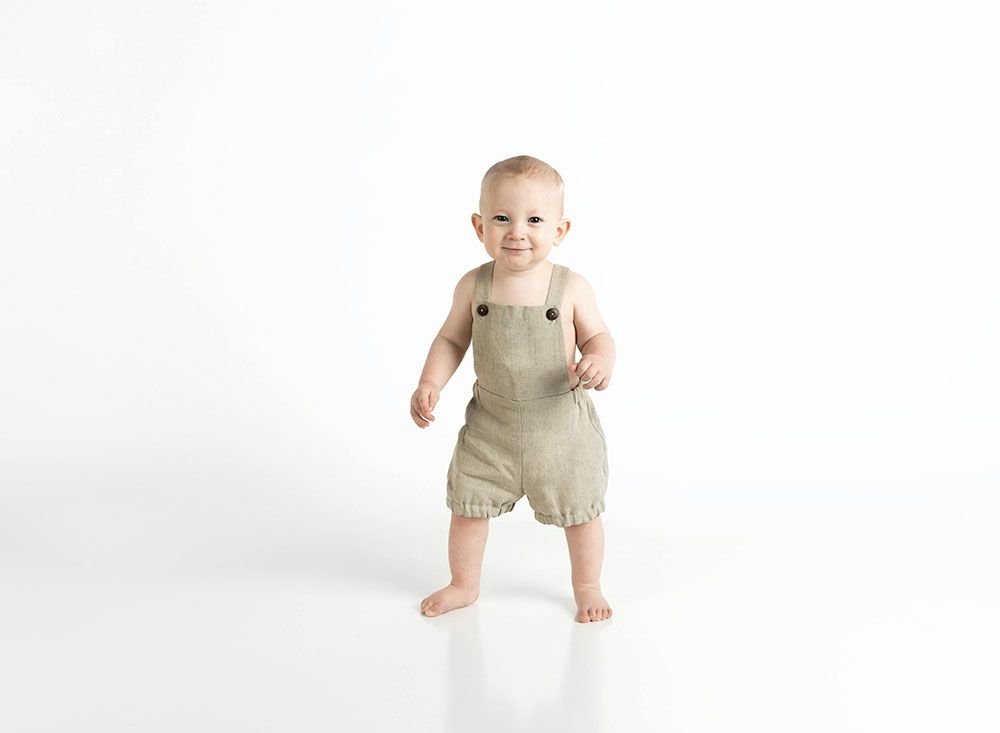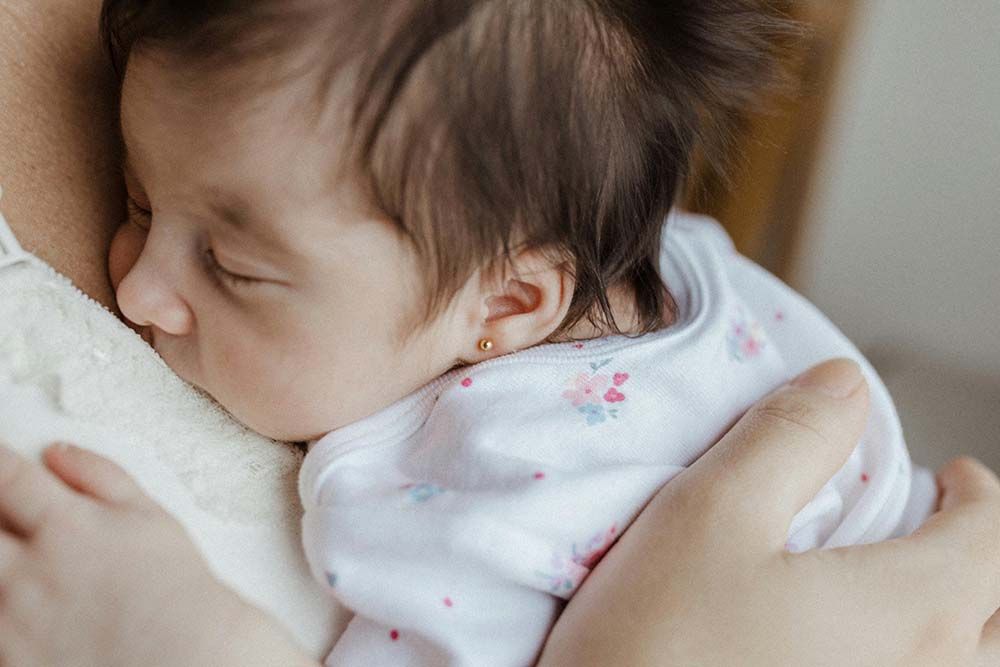

Since infants are too young and can only be fed with formula milk and breast milk, it is easily for infants to have gas when taking the liquid food. Thus, it is vital to burp your baby to ease the discomfort feelings brought by gas issue. However, in most cases, it is common for babies to fall asleep during the feeding process. Then, it becomes an issue for parents to deal with this situation. Do they have to burp their babies while sleeping? And how to burp a sleeping infant without waking up them?
Make an easier feeding with our robust tool
To simplify your feeding process, it is recommended to use Moonycare, which is more convenient than writing down on notes or phone notes. It is a powerful multipurpose parenting App for you to easily record what your baby has eaten, including breast milk, formula milk or even introducing a new food. What’s more, it can help you track allergens and find out your baby’s favorite foods.
IN THIS ARTICLE
Do we need to burp a sleeping infant
What if my baby won't burp after feeding
Do We Have to Burp a Baby?
Normally, infants swallow air while drinking milk, especially when using bottle feeding. These air bubbles will form in the stomach, causing gas in the abdomen. Also, swallowing air can increase the pressure in the stomach, which may cause the baby to vomit milk or reflux. However, burping can help babies expel excess air and alleviate discomfort caused by abdominal gas, and help reduce stomach pressure and lower the risk of infant vomiting and reflux.
In addition, burping has more advantages for babies. For example, it can help promote gastrointestinal peristalsis and aid in better digestion of food, largely reducing the occurrence of indigestion. By eliminating the discomfort, it can help infants sleep more soundly without frequently night awakenings and thereby reduce crying, creating a more harmonious atmosphere for the whole family and allowing everyone to have a good sleep. Except for all those factors, the process of burping usually involves intimate physical contact, such as hugging, patting, etc., which helps to enhance the intimate relationship between parents and babies. And it has a soothing effect, which can help babies feel more comfortable and at ease.
Is it Necessary to Burp a Sleeping Infant?
As we have mentioned before, it is important to burp infants after feeding because this can help babies expel the additional air, reduce abdominal gas and discomfort. But, what if your baby doesn’t burp and falls asleep? Generally speaking, even if the baby is asleep, it is possible to observe baby’s condition to check whether it is necessary to burp. If the baby shows signs of discomfort, such as restlessness, frowning, fidgeting, or making gurgling sounds, you can try burping gently. Furthermore, you can listen to the sound to check whether there is any hiccups or obvious bloating sound in the baby’s abdomen. If so, you can make gentle burping to avoid waking up the baby.
How to Burp a Sleeping Infant?
If your baby falls asleep after feeding, you can try the following methods to gently help your baby to excel the swallowed air.
1. Light tapping method
Lie the baby on your arm, with the head slightly above your chest, ensuring that the baby's head is supported. Gently pat the baby's back with your palm, with moderate force to avoid excessive force.
2. Touch method
Let the baby sit on your lap with their head resting on your shoulder, ensuring that their head is supported. Gently stroke the baby's back with your palm, from bottom to top, with gentle movements.
3. Abdominal massage method
Let the baby lie flat on your thighs, slightly raising their head to ensure that their head is supported. Gently massage the baby's abdomen with your fingers in a clockwise direction.
4. Light shaking method
Hold the baby in your arms, keeping the baby's head slightly above the chest, ensuring that the baby's head is supported. Slowly and rhythmically shake the baby, being careful not to be too intense.

Editor' s Note:

Remember to burp your baby slightly and gently to avoid shocking or waking up the baby. During this process, pay attention to the baby’s reaction. If the baby shows discomfort, stop immediately. Or if the baby doesn’t burp instantly, you should wait patiently or try again later.
How Long do I Need to Burp my Infants?
There is no fixed time, which is determined by the infant's specific reaction and comfort level. Generally speaking, once you hear your baby’s burping sound, indicating that your baby has expelled the swallowed air, you can stop your action at this time. Besides, if you have observed that your baby shows any signs of relaxation, such as stopping wriggling, breathing steadily, or having a relaxed expression, burping can also be stopped, but the consuming time may need a bit longer. Thus, the duration of burping can range from a few seconds to minutes, which is generally ideal for 5 to 10 minutes.
When to Stop Burping for Your Infants?
At around 4 to 6 months old, most babies have already matured their digestive system and have learned more effective eating techniques, the swallowed air will significantly decrease accordingly. And the frequency of burping can gradually decrease with these changes. By 6-9 months, parents may gradually stop burping because most babies are able to better control their bodies with the enhancing self-control ability and rarely feel uncomfortable due to swallowing air. When babies are over 9 months, burping can be totally stopped because babies at this age can fully control themselves. However, since each baby's condition and development speed are different, the specific time should be determined based on individual comfort level and needs. Thus, parents need to observe the specific situation of their baby and make corresponding adjustments.
What if my Baby Won’t Burp After Feeding?
It is also common to see that babies don’t burp after feeding. Hiccups are usually caused by swallowing air, but not every baby swallows a lot of air when feeding. Here are some possible reasons:
- Correct feeding posture: If the baby has a good posture when feeding, it may reduce the chance of swallowing air.
- Appropriate nipple aperture: The nipple aperture of the used bottle is too small or too large will also affect the intake of air.
- Sucking rhythm or effective sucking skills: Some babies suck slower or have better sucking skills, they will swallow relatively less air.
- Individual differences: Each baby's physical reaction is different, and some babies are naturally not easy to burp.
When your baby still doesn’t burp after trying different burping techniques, observe your baby’s reaction and make adjustments accordingly. As long as the baby is full and in good spirits, don't worry too much. If you are worried about your baby's condition, you can consult a pediatrician.




